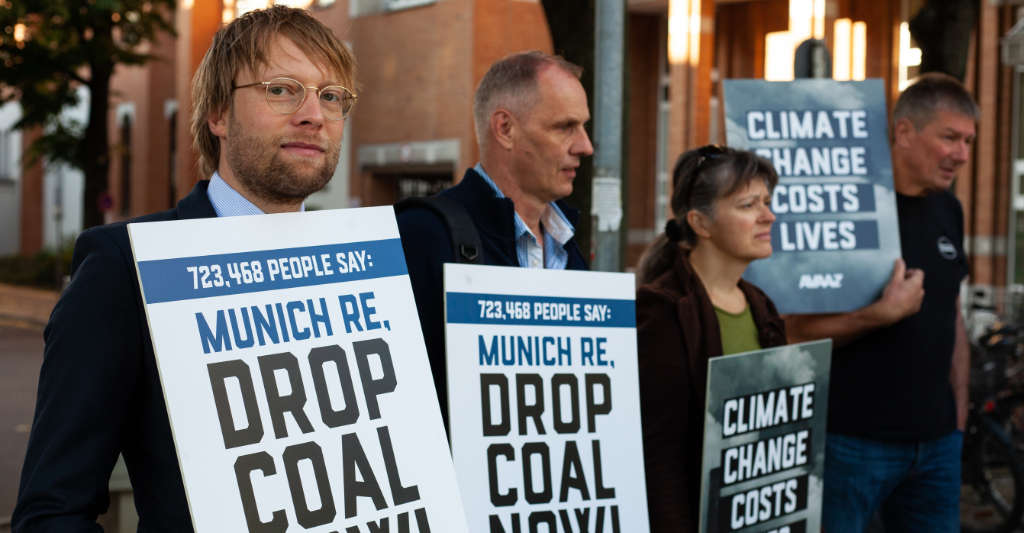POWER
To halt climate change and protect our health, communities and environment, we must totally defossilise our electricity.
The mining and burning of coal for electricity pollutes our air and water, damages ecosystems, destroys villages and productive agricultural land, and is driving the climate crisis. The same holds true for the damaging impact from extraction of fossil gas across the world and then burning it in Europe for our energy needs.
Science tells us that we have to end all fossil fuel use as fast as possible to avoid catastrophic climate change. Fortunately, more than half of all coal plants in Europe are now closed, or will close by 2030 at the latest; and we have with wind, solar and storage the sustainable renewable energy solutions to replace them.
The goal is to lead a just energy transition to a fossil-free, renewables-based power system by 2035, which means not only exiting coal by 2030 but also fossil gas by 2035.
Making a rapid switch to a renewables based power system will come with massive health benefits, significant gains for our economies by leaving behind fossil fuels fast, and desperately needed protection for nature across Europe. It will also help us avoid more frequent and more extreme weather events, such as the disastrous fires and floods Europe is suffering through like many other places on Earth.
The Europe Beyond Coal coalition and our partners are working across Europe to make this change happen in a fast and fair way.
AIR POLLUTION
The burning of fossil fuels contributes to harmful air pollution. This directly creates terrible, avoidable health problems for people, puts undue burden on national health budgets, and holds back economies through lost productivity.
Emissions of greenhouse gases from coal drive the climate crisis, creating more frequent and intense extreme weather events each year. A fast and fair phase out of coal in favour of renewable energy sources solves these external problems, and brings with it numerous benefits across societies.
Studies show that air pollution caused by the burning of fossil fuels was responsible for one in five deaths in 2018. For coal specifically, it is very clear that coal companies are making Europeans sick.
Our network has explored this in our Last Gasp and Chronic Coal Pollution reports, estimating that tens of thousands of lives have been cut short by coal pollution, and billions of euros wasted.
Explore more data on our Coal Exit Tracker
RELATED CONTENT

Akbelen struggle gives hope in these difficult days
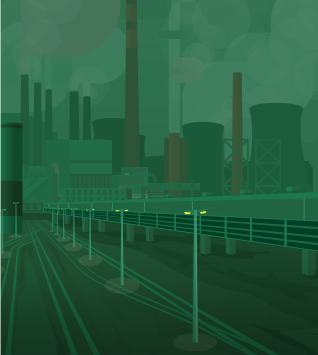
Last Gasp: The coal companies making Europe sick
WATER
Mining and burning coal is very thirsty work, polluting our water. Coal-fired electricity impacts water at every stage of its production, but coal impacts won’t just end with a coal phase-out: on the contrary, we will have to deal with them for decades to come. Lowered groundwater levels, hazardous substances and mine pits take decades to restore and remediate, and the costs are likely to fall on the public.
It is time for our governments to hold coal companies accountable for the environmental and social damage they are causing.
RENEWABLE ENERGY
To avoid climate breakdown and limit average global temperature rise to 1.5 degrees C as well as move to a zero pollution society it is essential that we completely defossilise Europe’s power sector in favour of renewable energy by 2035. It’s not enough to stop at ending coal use by 2030, we have to fundamentally stop burning fossil fuels for power. Renewable energy sources like wind and solar give us the fastest and fairest way to ensure we can move beyond all dirty sources of energy, protecting workers and their communities as well as our health, environment and climate along the way.
While we build a fossil free future together, we can’t let investments in false solutions get in our way. Together with our partners we are working to show polluters and decision makers the right way forward for the renewable future we all need.
New polling data from 10 European countries shows people overwhelmingly support the construction of new solar and wind energy projects in their local area.
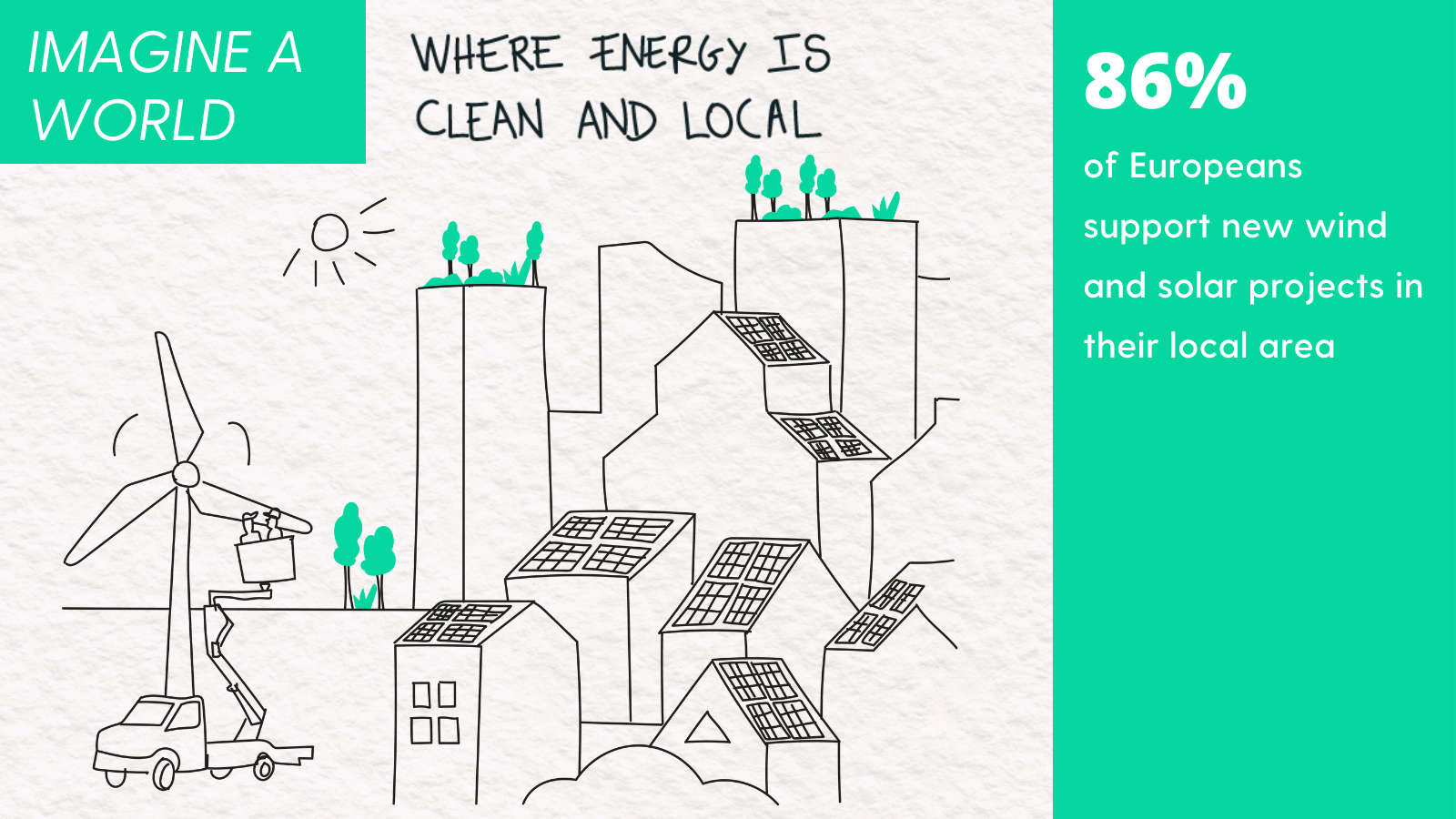
Our video Fast fish – Pioneers of Spain’s energy transition details the successful conversion of a former coal mine to produce 100% renewable energy in the town of Mieres, Northern Spain, illustrating the opportunities that renewable energy systems offer former coal towns in terms of decarbonisation, cleaner air and new jobs, but also the challenges they are posed by life after coal. More
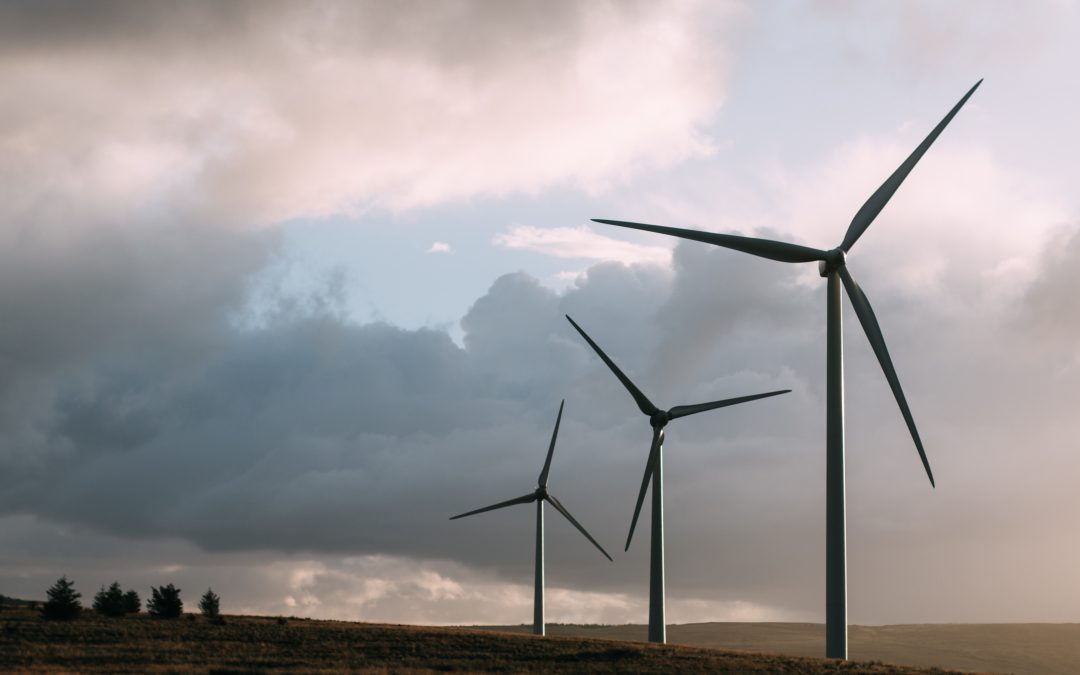
“Commit to higher ambition on energy,” EU ministers told by over 100 businesses and NGOs
Brussels, 7 December 2022 – More than 100 businesses and civil society organisations are urging European energy ministers to commit to higher 2030 energy targets – 50 percent renewables, and 20 percent efficiency – as the only realistic win-win...
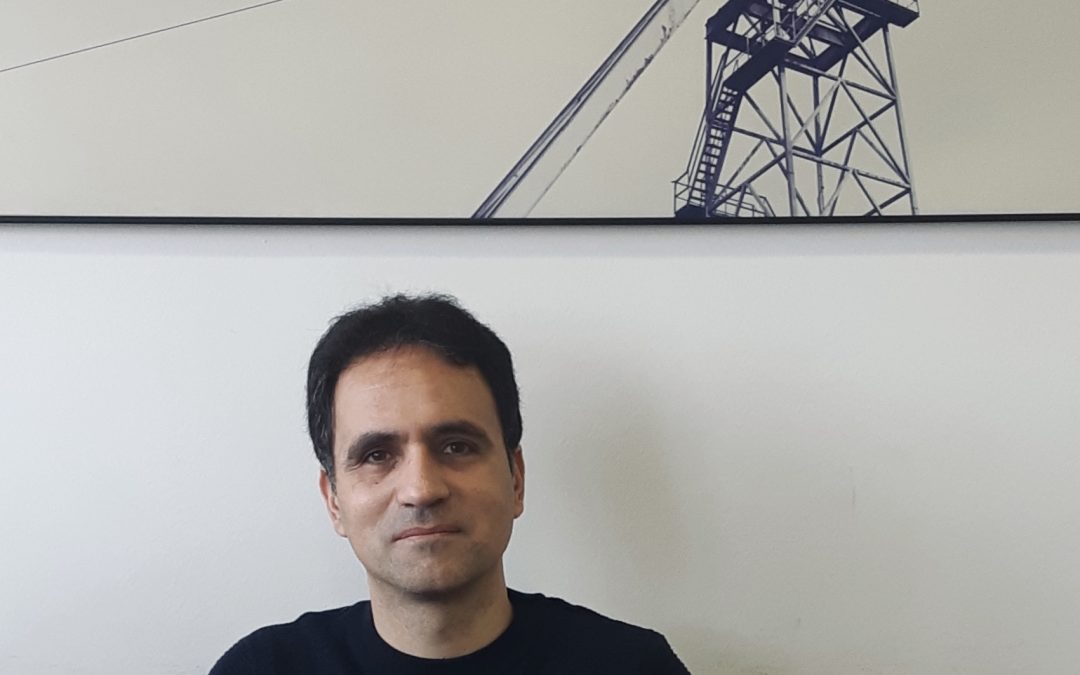
Fast Fish: Pioneers of Spain’s Energy Transition
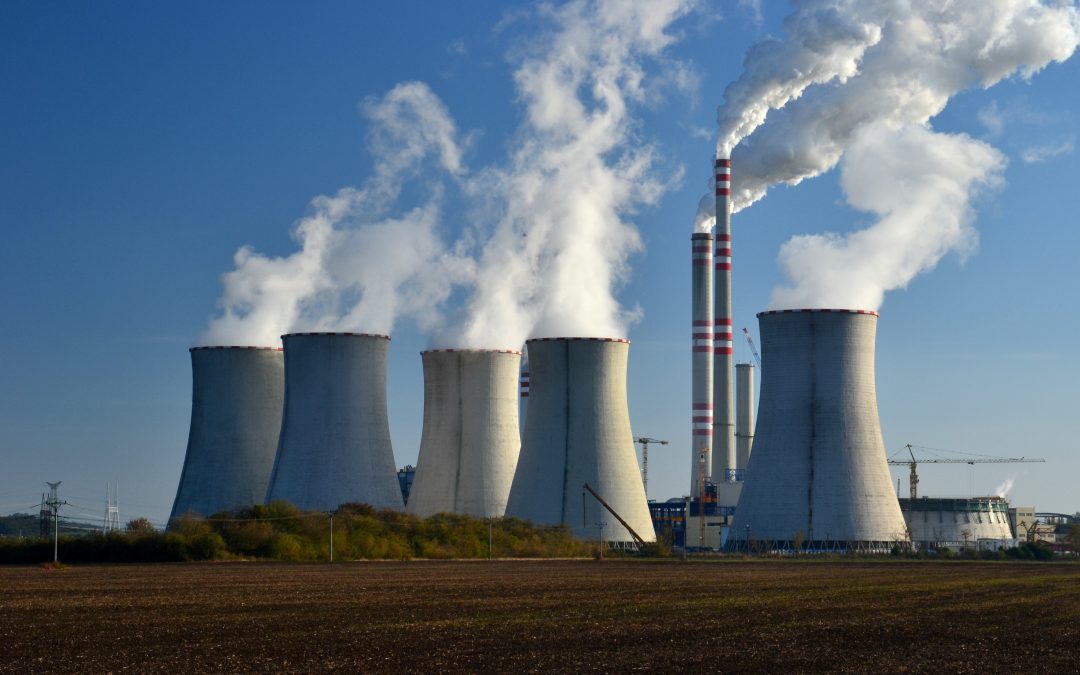
European coal in structural decline
FALSE SOLUTIONS
With half of all Europe’s coal plants now closed, or scheduled to close by 2030 at the latest, it’s clear that we are on a one-way road to a new power system. However, while we speed through this transition we will face problems with risky false solutions that will do little to clean up the mess coal has created.
Replacing lignite and hard coal units with power plants that burn fossil gas or unsustainable biomass is a dead end, and allows giant energy utilities to stand in the way of transforming the power sector.
Nuclear power is also presented by some as a “climate solution”, but the reality is there is nothing meaningful new nuclear plants can do to help us decarbonise by 2035 – the date we need to be out of fossil power to have a hope of addressing climate change. New nuclear simply cannot be built as fast or as cheaply as renewable energy, even if we do not take its significant environmental impact and considerable risks into account.
A modern system for Europe
To build a better future for everyone, we need to rapidly defossilize, and that will mean leaving behind the existing electricity system and building a modern one by 2035 that builds on wind and solar, on storage, smart grids, flexibility and innovation, one where citizens, communities and ecosystems actually reap the benefits from rather than suffering from the way we generate electricity. Coupled with a rapid and deep electrification of adjacent sectors from heating, industry to transport in combination with structural changes by those sectors to drastically bring down their energy demand, a modern power system will be an economic and society wide motor for the overall energy transition. This means: we not only need the right renewables to build a better future, we need a right to renewables.

